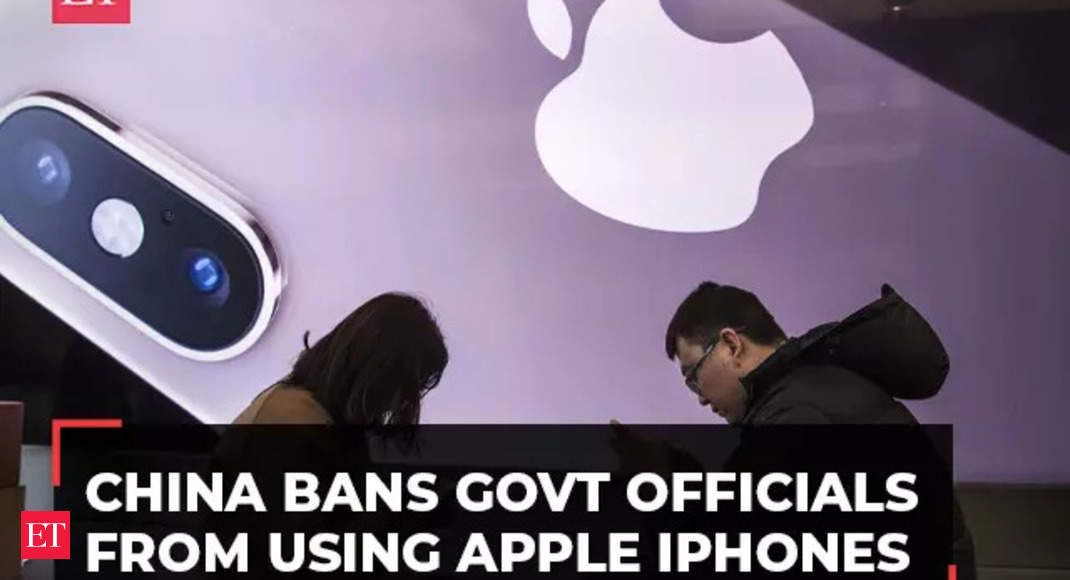China has announced a ban on the use of Apple iPhones and other foreign brands by government officials at work. This decision aims to support and promote domestic technology and reduce dependency on foreign products. The ban is part of China’s broader national strategy to boost its own tech industry and reduce reliance on foreign companies. The move is likely to have significant consequences for Apple and other foreign brands in China’s market.
Foreign technology companies have always faced challenges in China’s market due to strict regulations and competition from domestic players. However, this ban specifically targets government officials and emphasizes the need for using domestic products. Previously, some Chinese government agencies had already stopped purchasing foreign-made devices, favoring homegrown brands instead.
This ban signifies a significant blow to Apple, which has been trying to expand its presence in China. According to reports, Apple’s market share in China has been declining over the past few years due to stiff competition from Chinese smartphone manufacturers.
Apple’s challenges in China are not limited to government bans. The company has also faced criticism for its compliance with Chinese regulations, including concerns about user privacy and censorship. In 2017, Apple faced backlash for removing several VPN apps from its App Store in China, following government orders.
The ban on Apple iPhones and other foreign brands for government officials is expected to have a ripple effect on other foreign companies operating in China. This move sends a clear message to international firms that they will face increasing challenges in the Chinese market.
However, it is worth noting that the ban only applies to government officials and does not necessarily reflect a complete shift in consumer preferences. Chinese consumers, particularly the younger generation, have shown a strong interest in global brands, including Apple. Therefore, it remains to be seen how this ban will impact Apple’s overall sales and market share in China.
In response to the ban, Apple has yet to release an official statement. However, the company has previously emphasized its commitment to China, highlighting its investment in domestic research and development, job creation, and support for local developers.
Overall, the ban on Apple iPhones and other foreign brands for government officials in China highlights the challenges faced by international companies in the country’s market. As China continues to pursue its national interests and promote domestic technology, foreign firms will need to adapt their strategies to navigate these changing dynamics.











